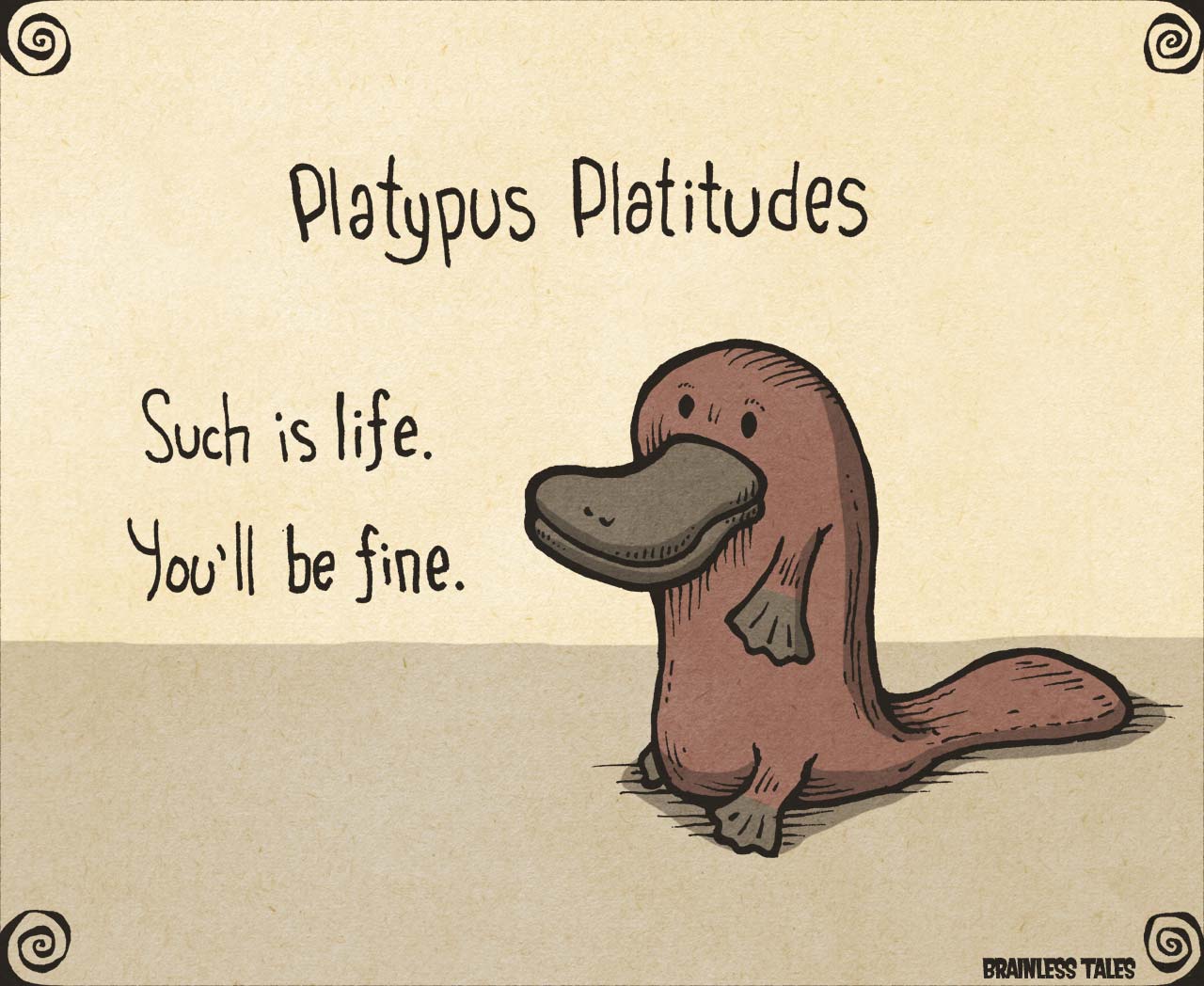Socialising has always been a challenge for me.
The past four weeks have been remarkably intense due to unavoidable, non-standard gatherings with family and friends, on top of my ad hoc work meetings, and Tapestry related discussions.
To say that my stamina for social gatherings has been stretched to its limits is an absolute understatement.
I’m still surprised that I was able to get up the next day and function.
It’s not that I dislike people. In fact, I enjoy connecting with others on a deep and meaningful level.
But when it comes to mingling with a large crowd, it’s the increased incidence of insincere statements that often come with the territory. And this makes me want to run for the hills and never meet another human for the next decade or so.
I highly suspect that you might know exactly what I’m talking about. Let me illustrate.
Scenario 1: The Family Gathering
Random Relative: Hey Nicole! Good to see you. How are you?
Me: I’m alright. Been busy with Tapestry stuff.
Random Relative: Ah yes. Good good! Always good to keep yourself busy eh? It is important to be happy in LIFE! It’s a meaningful hobby, JUST BE HAPPY!
Scenario 2: Catching Up With Friends
Friend: So I hear you’re writing a book? What is it about?
Me: Well, I’m still in the drafting process.. and it’s ab..
Friend: …WOW COOL! That’s awesome. Keep rewriting yeah and just do it!
I’ve faced both scenarios countless times on many occasions. Mostly, I just smile, nod my thanks and ask about them.
Platitudes and Token Praise – The Dreadful Parts of Conversation

tokenism: (from the word ‘token’) The policy of making only a perfunctory effort or symbolic gesture toward the accomplishment of a goal. – wordnik.com
platitude: a trite, meaningless, or prosaic statement, generally directed at quelling social, emotional, or cognitive unease. – Wikipedia
Let me say it plainly: Platitudes and token praise are insulting.
For one, I am not charity. Neither are the rest of the mentally ill. Yes, I am recovering from depression and anxiety. And no, I do not need used clothes, neither do I deserve to be treated like a problem to be solved with hand-me-down advice that you fail to apply on yourself.
I’m aware that it’s more a reflection of the person dispensing the “advice” than it is the recipient.
Maybe they’re just uncomfortable with not having a good answer for what we’re going through. Or maybe they didn’t expect us to talk about… well… our lives?
If you think about it, we’re expected to be appreciative of this charitable gesture when it is actually about them feeling better about themselves.
That’s not to say I don’t recognise their efforts. I’d have to give them credit for having good intentions, which could just be skewed by a lack of appropriate vocabulary.
But either way, the fact is: It still hurts. And it helps no one.
We’re always in a hurry to try to “fix” things and it has to be instantaneous.
Is someone upset and in need of comfort? Dispense some verbal first-aid, maybe a smatter of clichéd phrases for good measure, and pray the awkward moment passes or that some word would magically hit the right spot so the person will be okay.
However, with every disastrous social encounter, there’s always that one sincere friend who stands out and makes it all better.
Scenario 3: A Sincere Text
Sincere Friend: Hey, how did the family dinner go?
Me: The usual. We’re all still alive.
Sincere Friend: Proud of ya. I know these things aren’t easy for you.
I wish we could all have more of such sincere friends in our lives. Perhaps we need to be that to somebody else.
Enough of the praise and platitudes. Sometimes the less said the better.
Image Source: Brainless Tales
Nicole is the founding editor of The Tapestry Project SG, a social movement and online publication that champions first-person narratives to inspire hope, dignity, and empathy.

